Love and loss in war and peace
Updated: 2015-10-14 07:19
By Zhao XU(China Daily)
|
||||||||
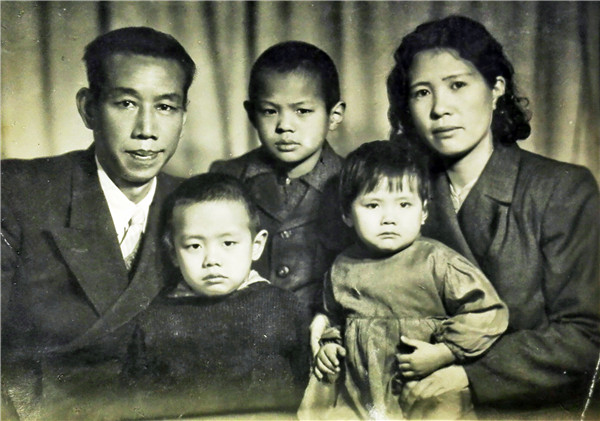 |
|
Li Shuhua (back row, middle) with his parents and brother and sister. [Photo/China Daily] |
The last meeting
Li Shuhua has visited Russia at least 50 times since 1989, drawn by the bonds forged during his wartime childhood. In 2003, a documentary about his father, Li Junfu, who was persecuted in the early days of the "cultural revolution" (1966-76) and died in 1969, was filmed in Moscow.
"The team went to all the right places-our apartment building had long gone, but the radio station was still there. My father's health became very precarious during the war, and a Russian guard at the station used to carry him to the broadcasting studio on his back," Li Shuhua said. In April, the Russian government presented him and 38 other Chinese who grew up in Ivanovo with medals commemorating the 70th anniversary of the end of World War II.
In 1998, on the 65th anniversary of the foundation of the school, Li Duoli returned for the first time since his departure in 1950. He met with Lyolya, the Russian woman he had admired so long ago, and her husband.
"When Lyolya was brought to our boarding school in around 1942, she had just been rescued from the siege of Leningrad, where her parents had died," Li Duoli said. "When I saw her, I recognized her immediately."
He last visited Ivanovo in 2013, accompanied by about 35 of his student peers. The school buildings still stand, although they now serve as an orphanage for children from across Russia.
In June, he traveled to Russia again. "Lyolya lived in St. Petersburg. When I arrived, I called her house, but only her husband turned up at my hotel," he said. "He told me that she was counting her days, and I went with him to see her. She lay on the bed, too weak to sit up. Her beautiful eyes had lost their luster, yet when we recalled our days together in Ivanovo, I saw a distinct glint, like fire at the bottom of an ocean," he said. "I took many photos of her house, but not a single one of her. For me, she remains the girl in a black-and-white photo I've kept at home."
In the photo, taken in the Ivanovo woods in about 1945, Lyolya and another Russian girl are dancing with a Chinese boy. All three are dressed in traditional Russian folk costumes, and the girls wear garlands in their hair.
"It was then that I asked her 'that' question," Li Duoli said. "She paused, gathered her strength, and answered: 'Vitya', the Russian name for Xiao Suhua, the boy in the photo."
Contact the writer at zhaoxu@chinadaily.com.cn

 Autumn's colorful wardrobe
Autumn's colorful wardrobe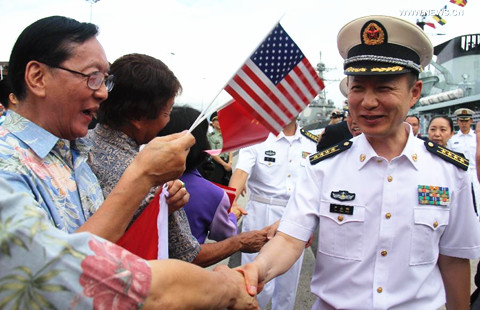
 Chinese Navy's training vessel arrives in Pearl Harbor
Chinese Navy's training vessel arrives in Pearl Harbor
 Robot dances, drones fly at HK Electronics Fair
Robot dances, drones fly at HK Electronics Fair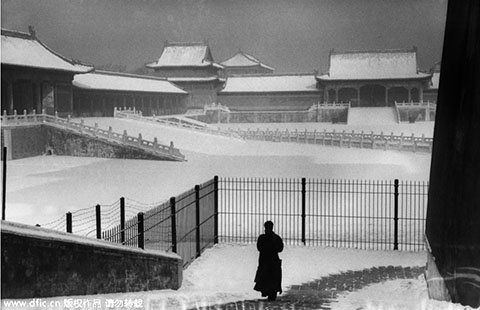
 Palace Museum: The past through the eyes of Magnum photographers
Palace Museum: The past through the eyes of Magnum photographers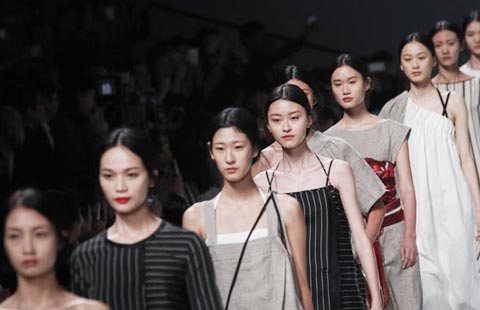
 Designer Zhu Chongyun kicks off Shanghai Fashion Week
Designer Zhu Chongyun kicks off Shanghai Fashion Week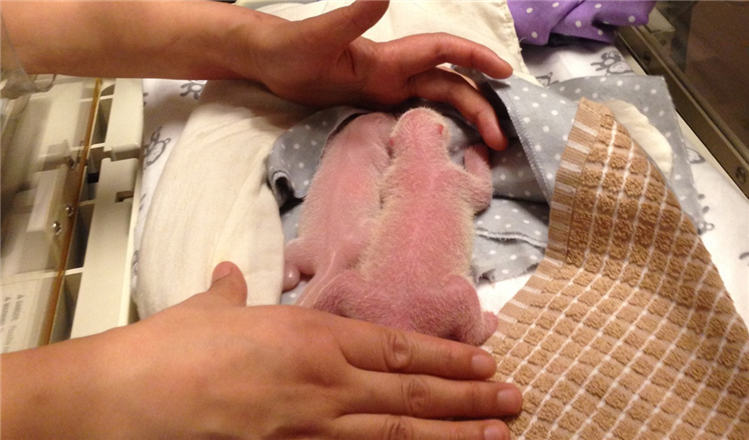
 A Canadian first: The birth of two panda cubs
A Canadian first: The birth of two panda cubs
 PLA navy ship arrives in Pearl Harbor
PLA navy ship arrives in Pearl Harbor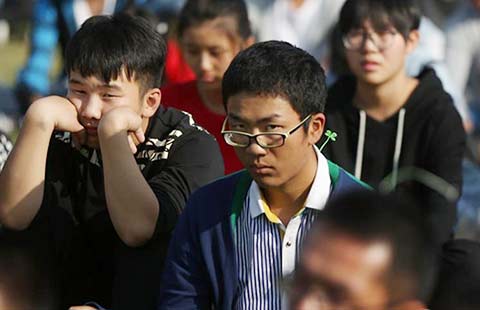
 Staring contests give gazing a competitive edge
Staring contests give gazing a competitive edge
Most Viewed
Editor's Picks

|

|

|

|

|

|
Today's Top News
Tu first Chinese to win Nobel Prize in Medicine
Huntsman says Sino-US relationship needs common goals
Xi pledges $2 billion to help developing countries
Young people from US look forward to Xi's state visit: Survey
US to accept more refugees than planned
Li calls on State-owned firms to tap more global markets
Apple's iOS App Store suffers first major attack
Japan enacts new security laws to overturn postwar pacifism
US Weekly

|

|







